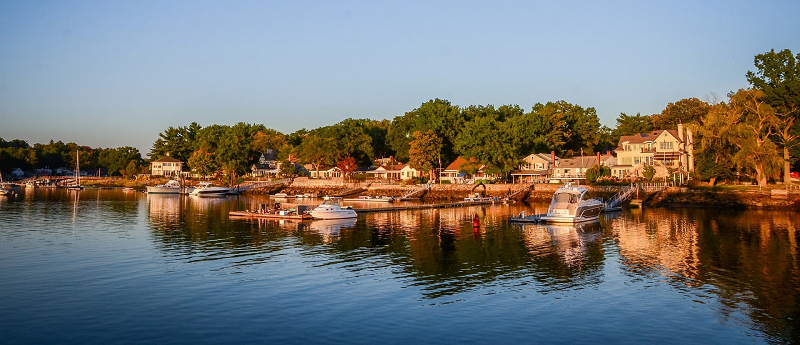
Welcome to Davison Eastman Muñoz Paone’s Land Use & Zoning FAQ page. Our expert attorneys are here to guide you through the intricacies of land use and zoning regulations in your area. Are you wondering what is R1 Zoning in NJ? Curious about obtaining a zoning permit? Concerned about the possibility of your property being zoned for both commercial and residential use?
At Davison Eastman Muñoz Paone, P.A., we’re dedicated to simplifying the complexities of land use and zoning, ensuring that you’re well-informed and empowered to make informed decisions about your property. Learn about the specific requirements and restrictions associated with residential and commercial zoning, and how it might impact your property.
Frequently Asked Questions & Answers
Generally, the “R” stands for “Residential” and the numbers represent the size of the lot(s). This numbering system will vary by municipality. In one municipality, for example, “5” may stand for a single-family home on a 5,000-sqft lot, and in another municipality, it may mean one house on five (5) acres.
Typical zoning districts could be commercial, residential, industrial, agricultural, resort, etc. The quickest way to gauge what zone your property is in is to look at your town’s zoning map.
Generally, no. Deeds of Easement may provide for certain uses of the property, but most will require that access be allowed. Sometimes easements are misused or expanded, but property owners should not attempt to block access in such circumstances. You need a lawyer to evaluate your rights and determine whether a Court may vacate or modify the easement.
A landlocked property may have a right of access by necessity. This will depend on how the property became landlocked and the historical use of the parcel and surrounding properties.
A zone could permit both residential and commercial uses. Some zones encourage mixed use development with commercial on the first floor and residential on the upper floors. The municipality’s Ordinances will provide more detail on the particular uses that are allowed in any given zone.
The municipality’s zoning map will provide the zoning designations for all property. Often, zoning maps can be located on the municipality’s website.
The governing body of a municipality has the authority to change the zoning of property. If the governing body refuses to do so, a property owner may seek a use variance by applying to the Zoning Board. Depending on the use proposed, a variance may be very difficult to obtain, and an attorney should be consulted prior to submitting an application.
Municipalities have varying requirements for property improvements that can be approved by a zoning permit. For example, the construction of a home that meets all zoning criteria or the construction of a shed in a backyard may require a zoning permit prior to the commencement of work. The municipality’s Zoning Officer is responsible for the review and issuance of zoning permits.
More Questions About Land Use & Zoning? Speak to the Experts Today
For three decades the attorneys at Davison, Eastman, Muñoz, Paone, P.A. have applied their in-depth experience and outstanding service to clients in an increasingly wide spectrum of the law.
Our clients trust us to represent them on a multitude of general and complex issues that might arise in any business, individual or family setting, including tidelands, land titles, land use and zoning law in NJ.
We invite you to contact us today at (732) 462-7170 – we will create a plan so you can achieve your land use goals. Our Monmouth County law office is located in Freehold. We also have an Ocean County office in Toms River.
